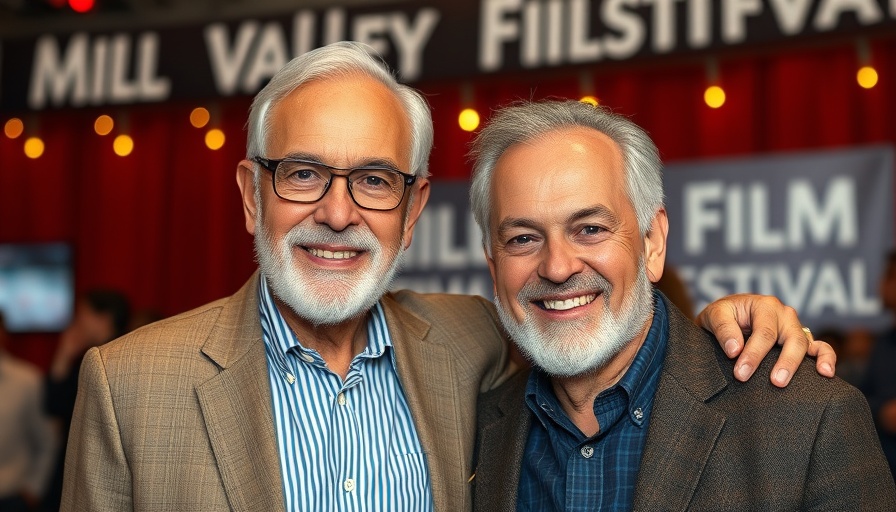
Spike Lee's Journey Through Cinema
Recent events at the Mill Valley Film Festival spotlighted esteemed filmmaker Spike Lee, who received a prestigious Tribute Award. During the ceremony, a nostalgic moment caught everyone’s attention as Lee, reflecting on his career, recalled his work on the 2004 film Sucker Free City. This unexpected trip down memory lane, shared on stage with Oakland actor Delroy Lindo, shed light on an often overlooked chapter of Lee's career where he explored the complex narratives of urban life in San Francisco.
Unraveling the Threads of Sucker Free City
Sucker Free City, written by the San Francisco-raised Alex Tse, was initially envisioned as a pilot for a Showtime series that never materialized. Lee's recollections during the festival brought to light the film’s provocative exploration of gang conflicts among diverse cultures in San Francisco. Despite its potential, the pilot never advanced to a full series, primarily due to logistical limitations in Lee's busy schedule.
A Glimpse into San Francisco's Street Life
This film goes beyond mere storytelling; it encapsulates the struggles and realities faced by individuals in various neighborhoods of the Bay Area. Lee delves into themes of displacement, highlighting San Francisco's historic neighborhoods like Chinatown and Hunters Point. His work resonates with many who understand the ongoing gentrification and cultural shifts sweeping the city, making it a relevant discussion topic for the Bay Area audience today.
The Personal Touch Behind the Film
At the award ceremony, Lee credited a pivotal moment in his childhood—receiving a Super 8 film camera from his neighbor—as the catalyst for his cinematic journey. This personal anecdote underscores how small gestures can steer one’s destiny. Lee's gratitude for this chance encounter adds a heartfelt layer to his story, reminding us all that paths can be transformed by unanticipated inspirations.
The Cultural Significance of Lee's Work
In an age where stories of underrepresented communities continue to be vital, Lee’s filmography stands as a testament to cultural revelation. Sucker Free City serves as an early commentary on societal divisions and the contrasting experiences borne out of race and neighborhood dynamics. Through Lee’s lens, audiences see not just conflict but an intricate tapestry of human experience and resilience.
The Legacy of a Filmmaker
As one of the pioneers of contemporary African-American cinema, Spike Lee's work has always transcended beyond entertainment. His films inspire dialogue and foster community through understanding and empathy. The honorary award at the Mill Valley Film Festival is not just a recognition of his achievements but an acknowledgment of how his unique storytelling continues to shape our cultural understanding.
Embracing the Power of Community
For lifestyle-conscious adults in the San Francisco Bay Area, Lee’s work serves as both an artistic endeavor and a cultural mirror reflecting our diverse community. Engaging with such narratives invites deeper conversations about identity, belonging, and the arts' role in social change.
Join the Conversation and Reflect
After all, Lee's journey reminds us that cinema is more than art; it is voice. As you reflect on your favorite films, consider how they connect to your own life experiences and the community around you. Engage with local artists, visit local film festivals and immerse in the arts, as it enriches not just individual lives but the entire community.
What are your thoughts on Spike Lee’s impact on cinema? How do his stories resonate with your own?
Let’s celebrate art, culture, and the communal narratives that define us!
 Add Row
Add Row  Add
Add 



Write A Comment